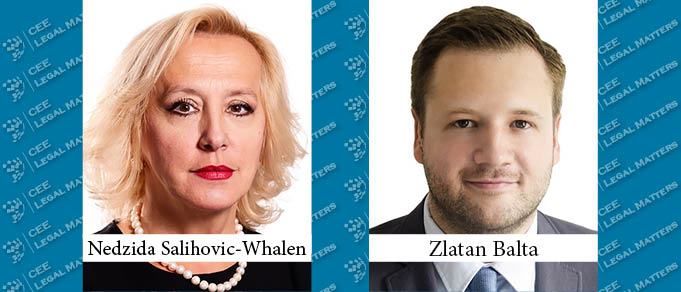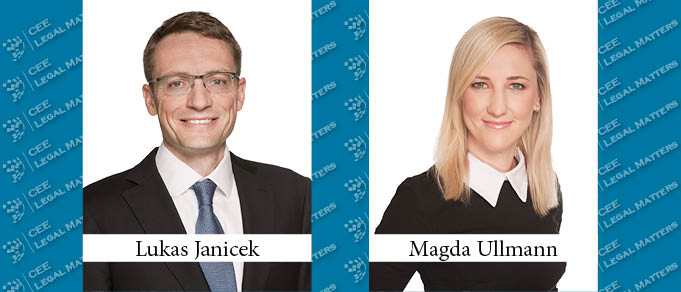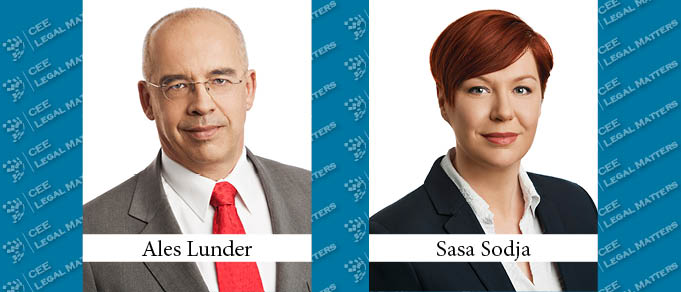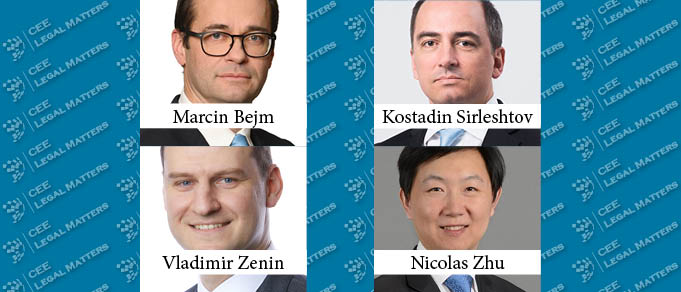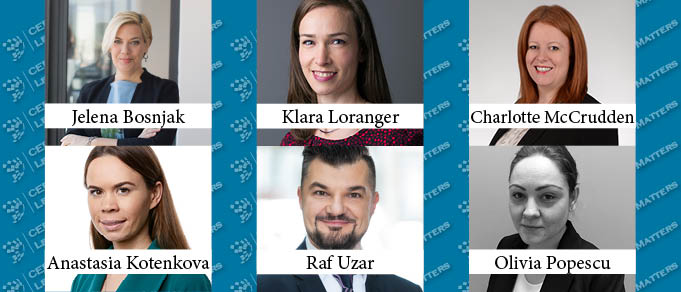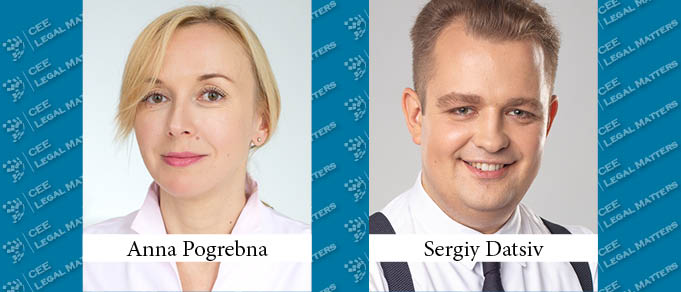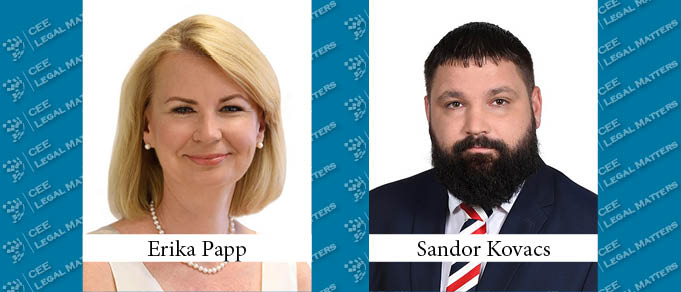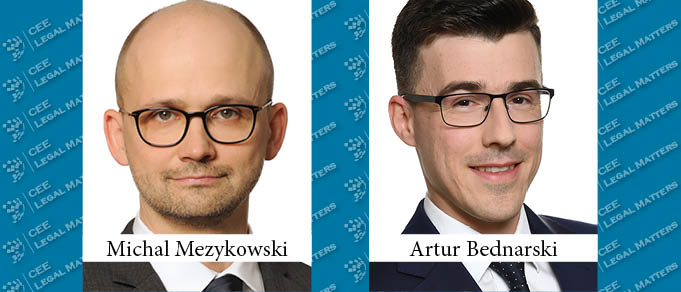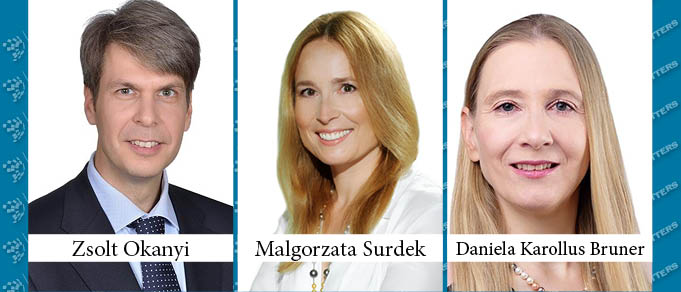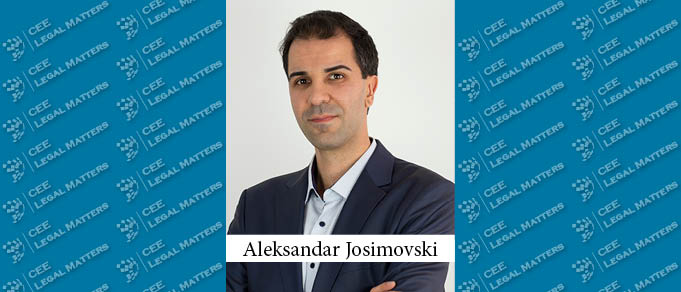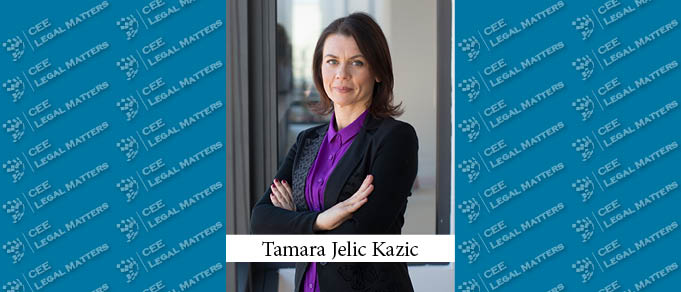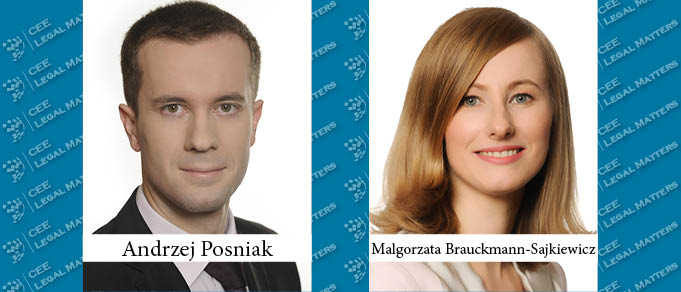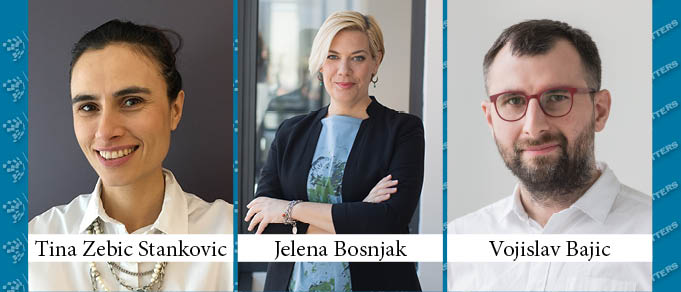Squeeze-out of minority shareholders is an important concept for joint stock companies in Bosnia and Herzegovina (BiH). In the previous socialist system, many then-state-owned joint stock companies issued employee stocks as a form of partial privatization, leading to some companies having hundreds of minority shareholders with miniscule amounts of shares. This complicated the management of these companies, as majority ownership changed from state to private, since many small shareholders are unreachable, as they may be deceased or have relocated with unknown addresses. This situation often makes squeeze-outs essential for majority shareholders in order to efficiently manage these companies.
Montenegro: M&A Transactions in a Nutshell
In our legal work in Montenegro, CMS has been engaged in a number of major mergers & acquisitions, representing both buyers and sellers, including Monte Rock’s acquisition of HIT Montenegro in connection with the Hotel Maestral in Budva-Przno, the Delhaize Group’s acquisition of food retailer Delta Maxi, KKR’s acquisition of SBB/Telemach Group, and OTP Bank’s acquisition of Societe Generale Montenegro.
Significant Changes to Czech Corporate Law – the Impact on the Operations of Companies and Ongoing Transactions
Czech corporate law has changed significantly over these past few years. In 2014, the Act on Corporations replaced the Commercial Code that had been in place since 1991. On January 1, 2021, an additional amendment to the Act on Corporations (the “Amendment”) will go into effect.
Life Science M&A Deals on the Rise in Slovenia
Foreign investors of all types were increasingly interested in Life Science (LS) companies even before COVID-19 emerged. It is no wonder that Slovenian LS companies are of particular appeal, since this highly innovative community significantly contributed to Slovenia being ranked 21st in this year’s Bloomberg Innovation Index. Some say COVID-19 catalyzed the new deals this year, but they were more likely fostered by the new investment opportunities that keep popping up with each innovative solution offered by the relatively small (and relatively inexpensive) companies in Slovenia. The race to acquire these innovative scale-ups and start-ups has become increasingly competitive.
The Chinese Belt and Road Initiative: Infrastructure Opportunities in CEE
The Chinese Belt and Road Initiative is one of the most ambitious development projects since the turn of the century. Through thousands of individual projects implemented under the BRI umbrella, China intends to develop land and sea corridors to support economic trade and development, integrate various regions of the world, and facilitate policy coordination, connectivity, unimpeded trade, financial services, and the connection of people. The BRI was launched in 2013, and last year was revamped with a new set of objectives.
Marketing Law Firm Marketing: Most Valuable Software Tool
New technologies are all the rage, as law firms adapt to the telecommuting and digitalization realities that accompanied the Covid-19 pandemic. Accordingly, we decided to ask our Law Firm Marketing experts from across the region a simple question: “What is the single most important/valuable piece of software you use?” As always, we asked respondents to focus on the question at hand, rather than – as we put it – using the question simply as an excuse to “tell us that their firms are awesome.” Not everyone was able to resist.
Ukraine Changes Its Financial Monitoring Rules
On April 28, 2020, Ukraine’s “On Prevention and Counteraction the Legalization (Laundering) of Proceeds from Crime, Financing Terrorism and Financing the Proliferation of Weapons of Mass Destruction” Law (the “AML Law”), which replicates the recommendations of the Financial Action Task Force and implements provisions of 4th Anti-Money Laundering Directive ((EU) 2015/849), came into force.
Possible Challenges on the Hungarian Restructuring and Insolvency Market in 2021
Looking at the volume of non-performing loans in the balance sheets of the Hungarian banks, it is possible to believe that the situation has never been better. In fact, however, this is primarily due to the general moratorium introduced by the Hungarian government in March 2020, which protected both companies and consumers against insolvency and non-payment. Now, eight months later, financial institutions are preparing for a potentially massive wave of bankruptcies, as they already reserved HUF 250 billion in the first half of this year.
Poland: Polish Restructuring Response to Address Covid-19
The Covid-19 pandemic has brought significant uncertainty to the market. In the wake of this highly contagious virus, authorities have issued unprecedented regulations and restrictions to prevent the spread of the disease, accompanied by measures providing help to businesses seeing their economic activities curtailed or suspended. These measures were primarily focused on providing liquidity to the market, but some introduced interesting changes to Polish restructuring law.
Arbitration and Virtual Hearings: Contract Disputes in the COVID-19 Era
One of the most important issues facing businesses in CEE is the impact of the ongoing COVID-19 pandemic on litigation and arbitration. In-person court and arbitration hearings have become problematic, if not impossible, and the importance of certain boilerplate contract clauses has skyrocketed. Zsolt Okanyi, Global Head of Dispute Resolution at CMS, Malgorzata Surdek, Head of Dispute Resolution at CMS Poland, and Daniela Karollus Bruner, Head of Dispute Resolution at CMS Austria, evaluate the current situation.
The Corner Office: Most Meaningful Charity or Pro Bono Commitment
In The Corner Office we ask Managing Partners across Central and Eastern Europe about their unique roles and responsibilities. The question this time: “What one ongoing pro bono initiative or project or charity/volunteering project that your firm is involved with has the most meaning for you personally, and why?”
ILFS in CEE: What’s the Deal
The legal markets of Central and Eastern Europe are served by a growing cadre of strong domestic firms, an established collective of widely-recognized and genuinely impressive regional firms … and, of course, many of the largest and best international firms in the world.
Expat(s) on the Market: An Update
Over the course of our seven years, CEE Legal Matters has interviewed most of the British lawyers working on the ground in Central and Eastern Europe as part of our recurring “Expat on the Market” feature. We reached out to them recently and asked them to bring us up to speed on what they’re doing and/or share their thoughts on the ramifications of Brexit or the ongoing COVID-19 crisis.
Ukraine: Businesses Need to Reshape Tax Planning Strategies Due to the Recent Ukrainian Tax Reform
On January 16, 2020, the Ukrainian Parliament passed a law launching anti-BEPS tax reform in Ukraine, among other legislative changes (the “2020 Tax Law”). The business community expressed opposition to most of its provisions.
North Macedonia: Recent Development of Transfer Pricing Legislation
If certain statutory conditions are fulfilled, companies obliged to pay the Macedonian Corporate Income Tax (CIT) should submit reports for their 2019 transactions with related parties to the Public Revenue Office before September 30, 2020. The 2019 financial year is the first for which CIT payers are obliged to file such reports, according to the CIT Law.
Croatia: Further Relaxation of the Tax System in 2021 (Rules vs. Practice)
Following three rounds of changes to Croatia’s tax system in recent years to ease business and reduce the overall tax burden, the Government announced plans to further relax the tax system in 2021.
Poland: Introducing Comprehensive Tax Risk Management - A New Trend Among Polish Firms
Given the significant tightening of Polish tax regulations with regard to carrying out and appropriately documenting and reporting transactions, implementing a tax risk management policy has now become a business necessity in Poland both for enterprises with Polish capital and global giants with Polish subsidiaries.
Marketing with One Arm Tied Behind Your Back: Attorney Advertising Bans In the Former Yugoslavia
Advertising is no easy task for law firms in the former Yugoslavia, and law firm marketing and business development specialists in those legal markets face unique challenges in their attempts to promote their firms and obtain new clients.

